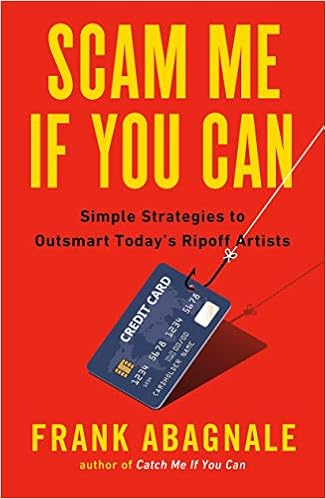Copyright scams aren’t new – we’ve written about them many times in recent years.
These scammers often target your Facebook or Instagram account, fraudulently claiming that someone has registered a complaint about content that you’ve posted, such as a photo, and telling you that you need to resolve the issue in order to avoid getting locked out of your account.
The problem with copyright infringement notices is that if they’re genuine, they can’t just be ignored, because social media sites are obliged to try to resolve meaningful copyright complaints when they’re received.
To discourage bogus complaints and reduce harrassment – and if you are a content producer or influencer yourself, with an active blog, video or social media account, you will probably have had many well-meaning but ill-informed complaints in your time – sites such as Facebook, Instagram, Twitter and the like don’t put the complainant directly in touch with you.
The process usually goes something like this:
- The complainant makes their claim to the service provider concerned. The service provider expects them to give full contact details, in order to discourage anonymous harasssment.
- If the claim seems to hold water, the service alerts you, without giving your details to the complainant, and invites you to defend or to accept the complaint. (Obviously bogus claims, such as complaints about an images or video content in an article that is all text, shouldn’t go any further.)
- If the claim is incorrect, you can repudiate it, for example by stating that you took a photo yourself or by showing a licence you acquired for a music clip.
- If you don’t wish to contest the claim, you are usually expected to remove the allegedly infringing material promptly, and report that you have done so.
In either case, assuming that the service provider considers the case resolved, it’s then closed without the complainant getting to contact you directly, and without you needing to deal directly with the complainant in return.
Scam Me If You Can: Simple Strategies to Outsmart Today’s Rip-off Artists




